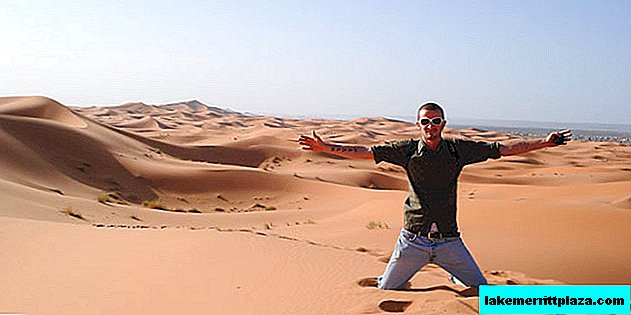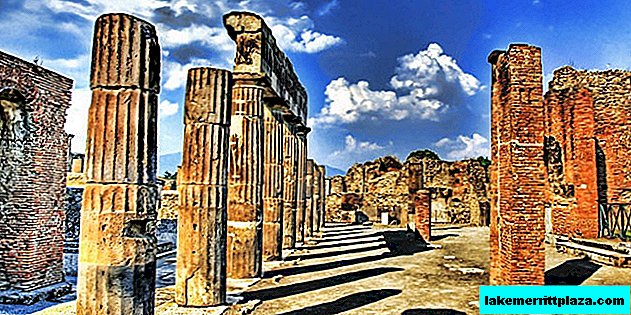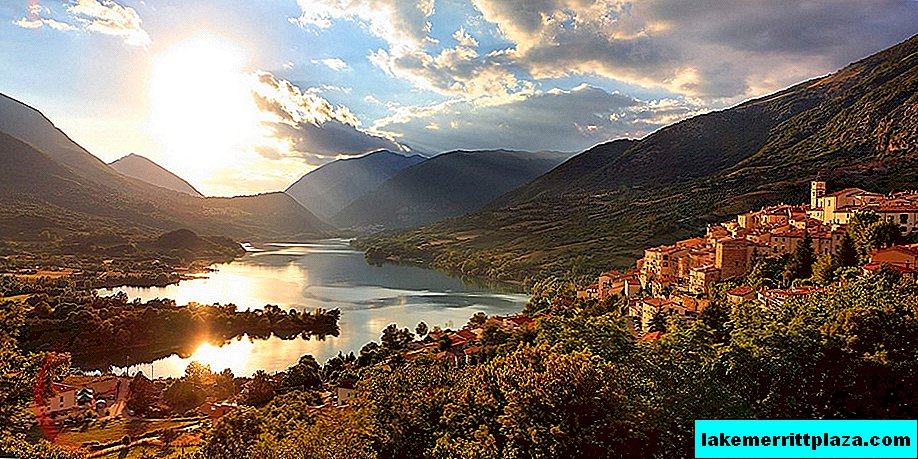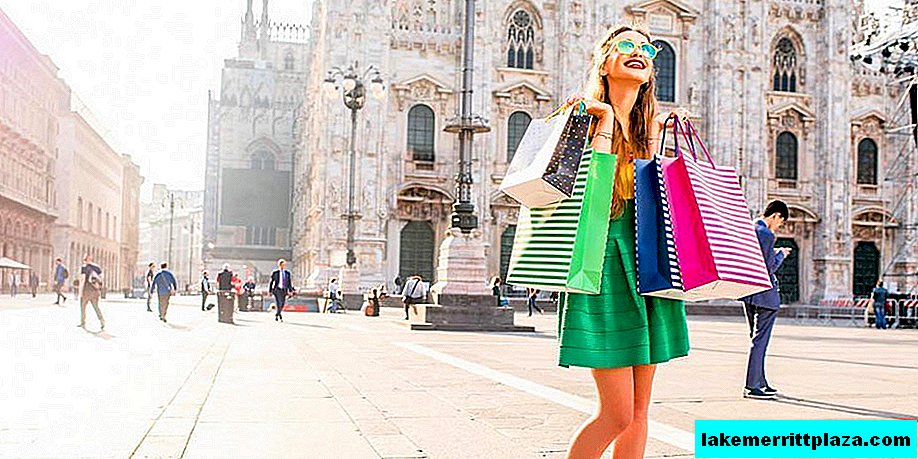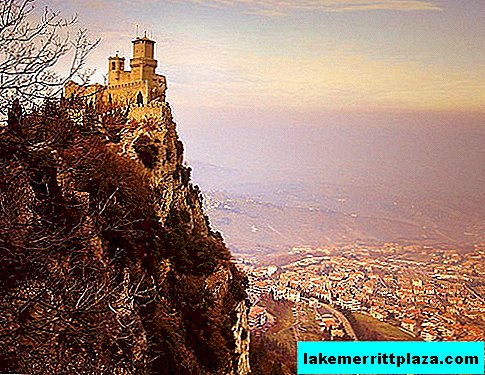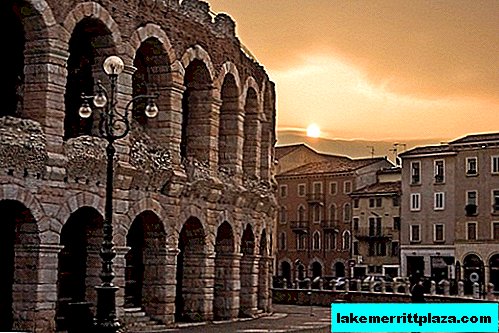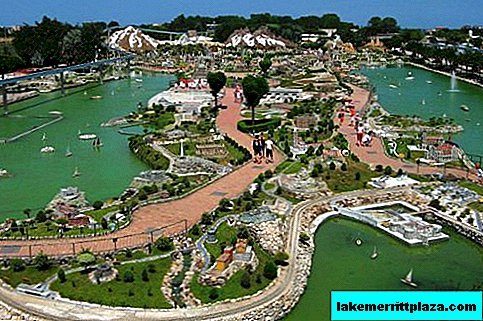In the north-west of Germany, on the territory of the North Rhine-Westphalia (Wuppertal, North Rhine-Westphalia), just 50 kilometers from Cologne, the city of Wuppertal is located. But the city, as such, it has become recently. Only at the beginning of the twentieth century the small towns of Elberfeld, Brill and Barman were united in one city.

The city was finally formed only in 1950. The population of the city is relatively small. According to the latest census, about 360 thousand people. The city got its name thanks to the small river Wupper. The most amazing thing is that the city itself was formed administratively, and not historically.

Medieval wars, internecine strife, went around these lands. It can be seen the reason was the small population of local villages. By the way, the residents of Barman, Brill and Elberdolph, even now living in the same city, still retained (albeit not conspicuous) isolation. In general, the Wuppertal area was considered a weaver area. Weaving factories have been operating here for decades. Entire families passed weaving skills from generation to generation. Maybe this was the reason that this area became the birthplace of one of the titans of the world revolution, Friedrich Engels.

Wandering through the streets of the city, the first thing you notice is the lack of Gothic cathedrals, castles, residential buildings in the Baroque style. It seems that the Middle Ages bypassed this area. The architecture of the churches was influenced by Lutheranism, with its minimalism. Local churches are not distinguished by architectural delights. But still of interest. Although it is clear what served to ensure that the city has few preserved historical monuments.
During World War II, Anglo-American bombers dropped a huge number of bombs into Wuppertal. Even the local town hall burned to the ground. Immediately there was a concentration camp. This was not a death camp (according to the Nazis). The people who were driven here were used as labor. Maybe for this Wuppertal camp was not the worst among other camps. It was not uncommon that local residents helped prisoners of a concentration camp. There is evidence when ordinary people fed their children, of whom there were quite a lot here.
Wuppertal Attractions

But leaving sad historical places, let us pay attention to the main attraction of Wuppertal. Thanks to her, the city became famous far beyond the borders of Germany. It is, of course, the oldest in the world. monorail cableway (Schwebebahn). It is almost 110 years old, and it still functions. The road has a length of about 30.5 kilometers, ten of which pass over the Wupper River. It is noteworthy that even before the opening of the road, Kaiser Wilhelm swept along it (then still a fantastic invention). The summer of Kaiser Germany, the Third Reich has sunk. But the carriage that Wilhelm drove to this day carries passengers. So you have a chance to ride in Wilhelm’s car if you visit Wuppertal.

Of the attractions, you can call the building of the former city hallcarefully reconstructed after the war. In front of her is a very beautiful fountain.

And in Wuppertal there is Bismarck Tower, built on the collected folk money. Even before unification into a single city, the residents of Barman and Brill built a tower in a sign of the greatness of great Germany and gratitude to Kaiser Bismarck.
Pretty curious Museum of Engels. Engels House is right next to the weaving mill they owned. In general, the exploiters lived with the exploited.

Wuppertals prefer to travel around the city by public transport. In addition to the cableway, trolleybuses run in the city. There is also a train station in the city. Many Wuppertals travel to work in Essen and Cologne, the larger neighboring cities.
Wuppertal is a typical provincial city in Germany. With its unique history and unhurried life. No wonder they say that if you want to see typical Germans, then in big cities you will not find them. All major cities of the world are somehow similar to each other, and the appearance of a real resident of the country must be sought here in such small cities.
How do I save on hotels?
Everything is very simple - look not only at the booking. I prefer the search engine RoomGuru. He is looking for discounts at the same time on Booking and on 70 other booking sites.

